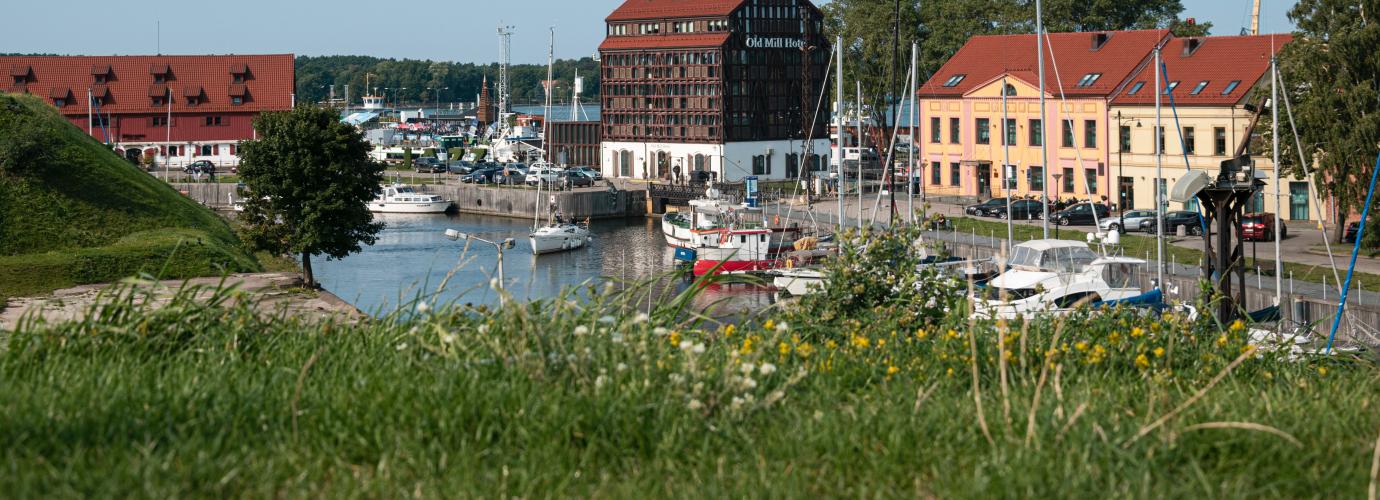Akademinė skola – a study subject that has been failed by a student in a higher education institution, with a final mark less than 5 out of 10.
Akademinis judumas – the process of the physical and/or virtual mobility of students and/or lecturers, enabling students to acquire knowledge, skills and experience in a different academic environment, and for lecturers to undertake internships, to share professional experiences, and to develop competences and practical teaching skills.
Dalykinė kompetencija – the set of knowledge, skills, and attitudes required in a specific subject or pedagogical specialisation.
Dalyko modulis – a defined, independent and purposeful part of the curriculum.
Gimnazija – a type of school that provides the second part of lower secondary education (grades 9–10) and upper secondary education (grades 11–12).
Išlyginamoji klasė – a group consisting of pupils who had dropped out of school or had not studied some of the general education subjects.
Ištęstinės studijos – part-time studies. A single year of part-time studies may not consist of more than 45 ECTS credits worth of study subjects. Part-time studies can be one and a half times longer than full-time studies.
Klausytojas – a person that is studying in a higher education institution according to a non-formal programme or has chosen separate study subjects instead of a whole study programme.
Kolegija – a type of higher education institution that carries out Bachelor degree studies called College Studies (Koleginės studijos). Study programmes are usually 3 years long and focus on practical skills.
Kvalifikacija – qualification – an outcome of any knowledge and skills acquired, which is formally documented/assessed, i.e. the award of a document that certifies formal education has been achieved.
Laisvasis mokytojas – a person that provides individual educational services.
Mokyklos ugdymo planas – a description of how the school curricula is implemented in compliance with the General Curriculum Framework for Secondary Education, approved by the Minister of Education, Science, and Sports.
Numatomi studijų rezultatai – learning outcomes are knowledge, skills and competences that are acquired during a certain period of education.
Nuolatinės studijos – full-time studies. A single year of full-time studies usually consists of 60 ECTS credits worth of study subjects, but no less than 45.
Pedagoginė praktika – the compulsory part of the course of study for the development of professional competences, which is carried out in a practice institution where practical experience is provided.
Pedagoginė specializacija – pre-school education, primary education, social pedagogy, special pedagogy (speech therapy, special pedagogy, surdopedagogy, tiflopedagogy).
Progimnazija – a type of school that provides the first part of lower secondary education (grades 5–8) or the first part of lower secondary education and primary education (grades 1–4 and 5–8).
Specialusis ugdymas – special education is general and vocational education is adapted for anyone with special needs and/or health problems.
Studijų modulis – a unit of repeated study consisting of a certain number of credits, with a common aim and where specific learning outcomes are expected.
Studijų rezultatai – the student’s anticipated knowledge, understanding, skills and attitudes at the end of the study module/subject and/or the entire study programme.
Tarpkryptinės studijos – studies designed to achieve linked learning outcomes in two or more fields of study.

